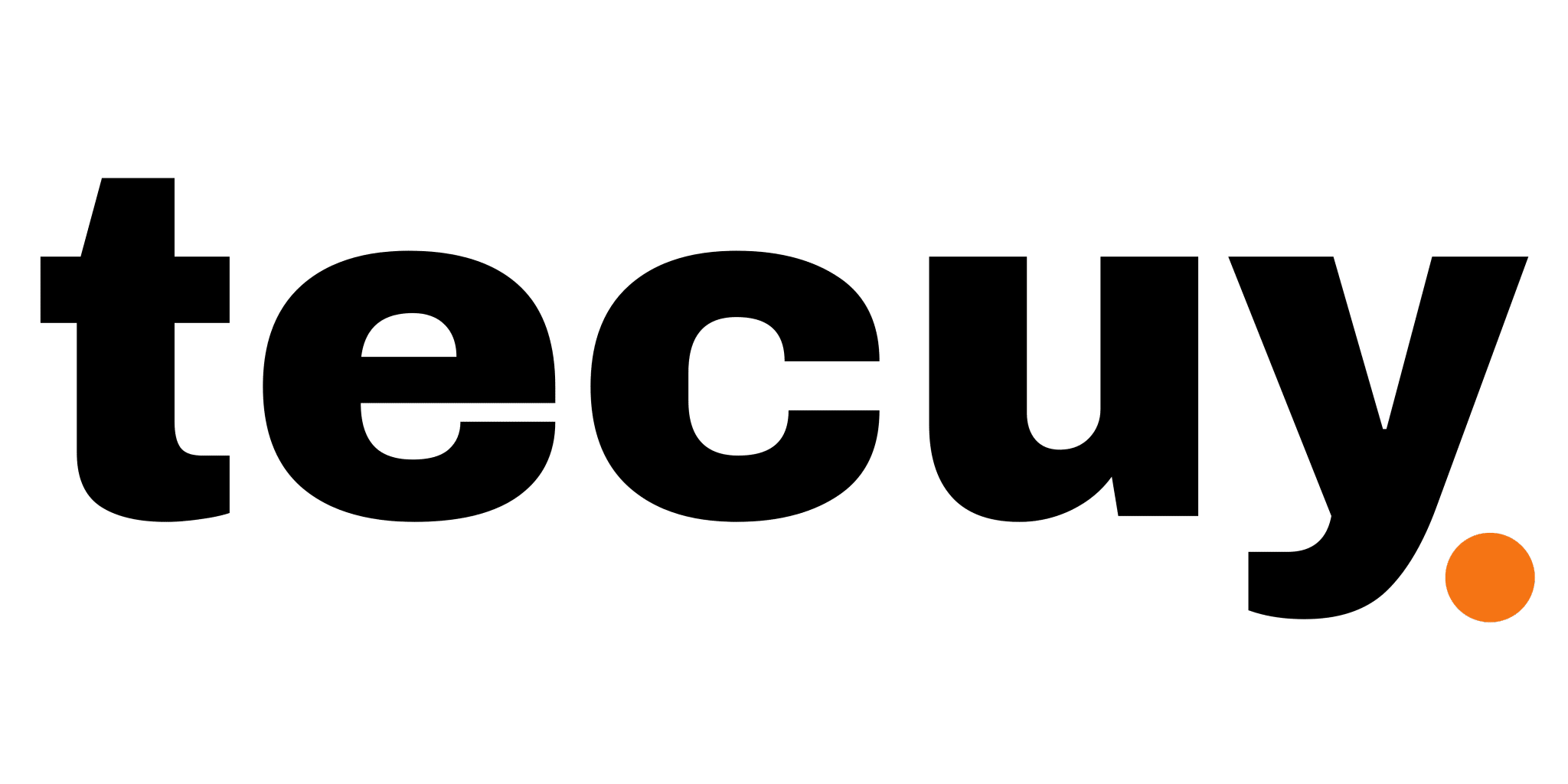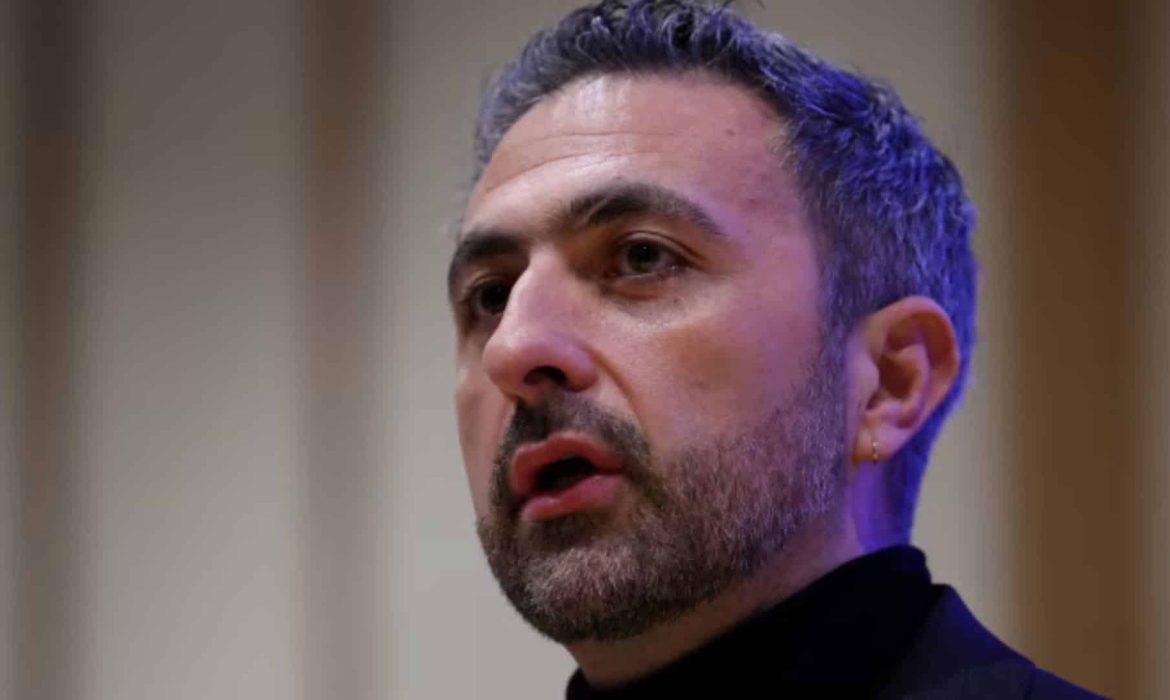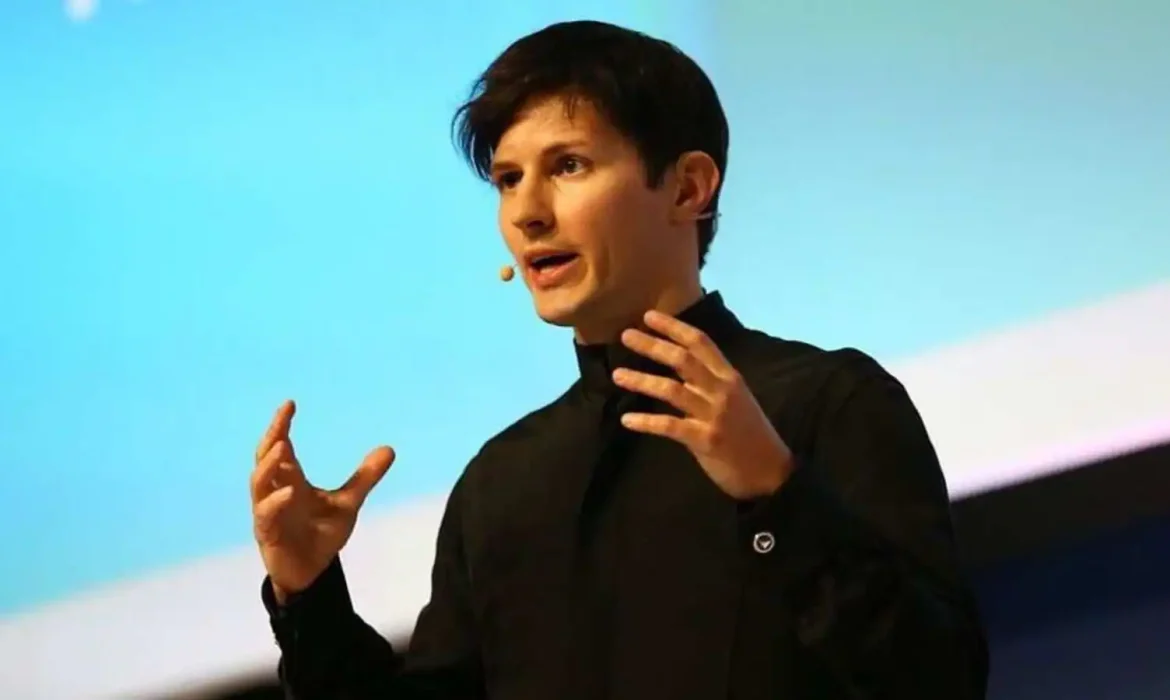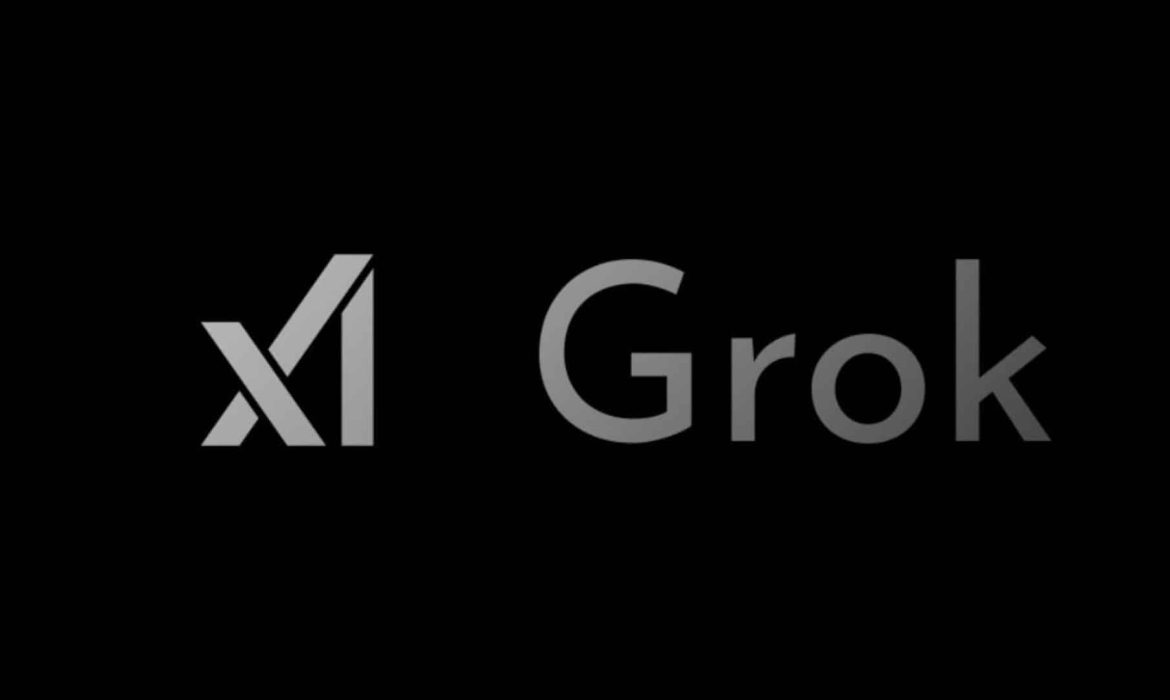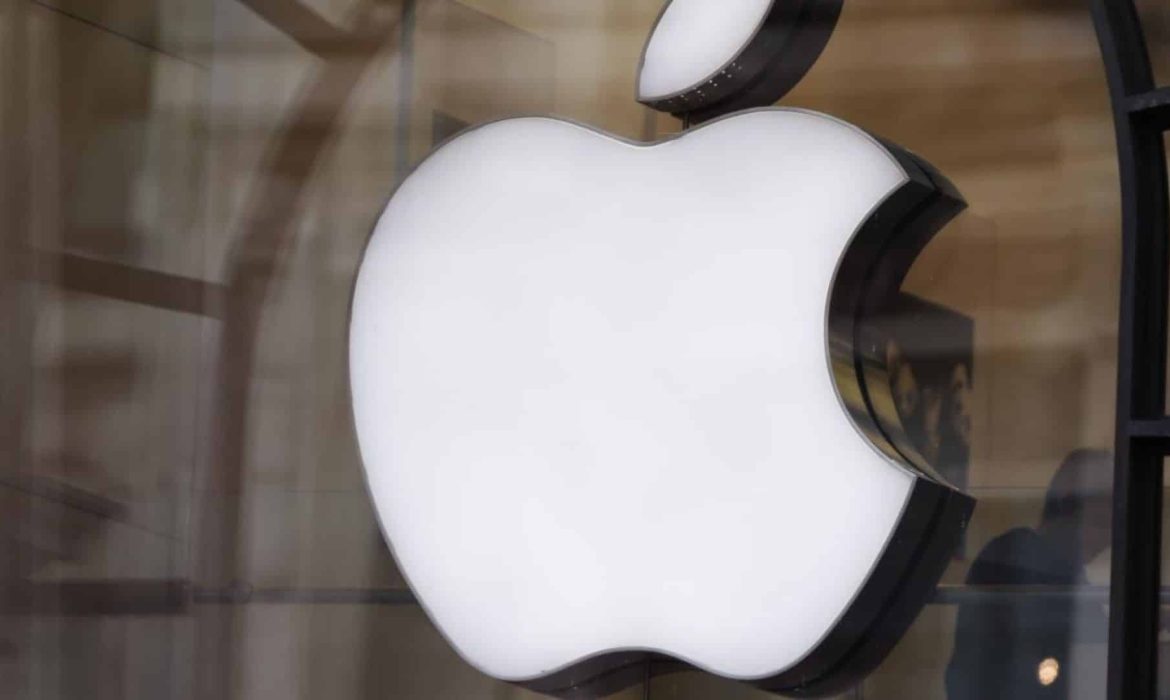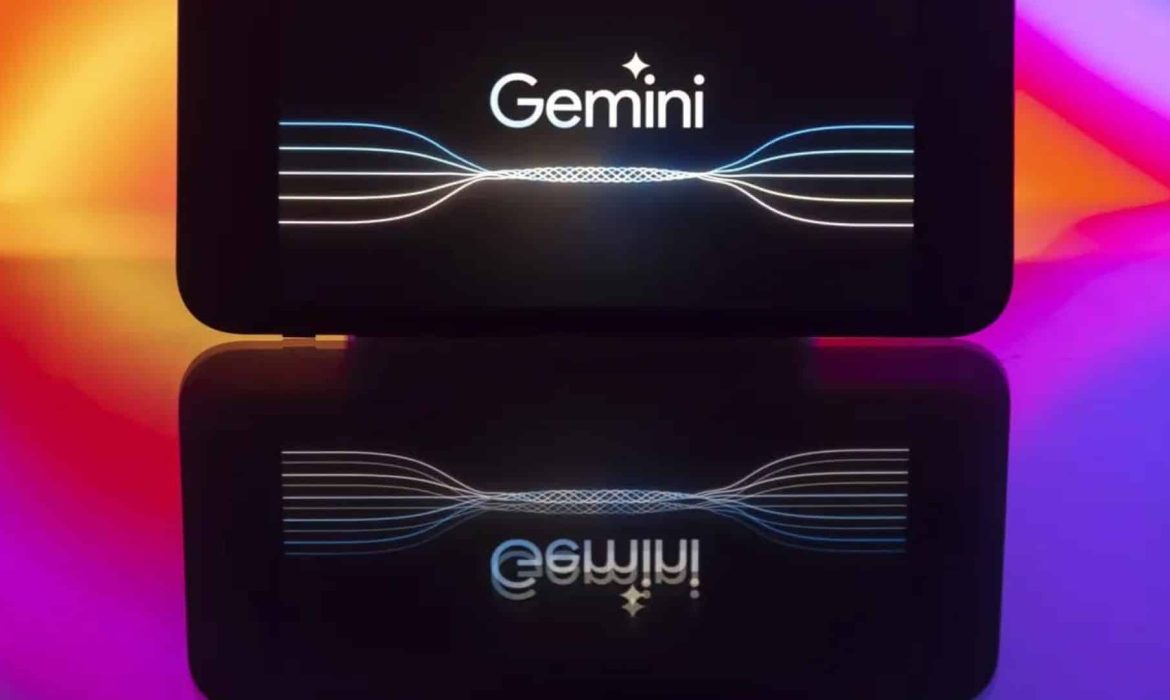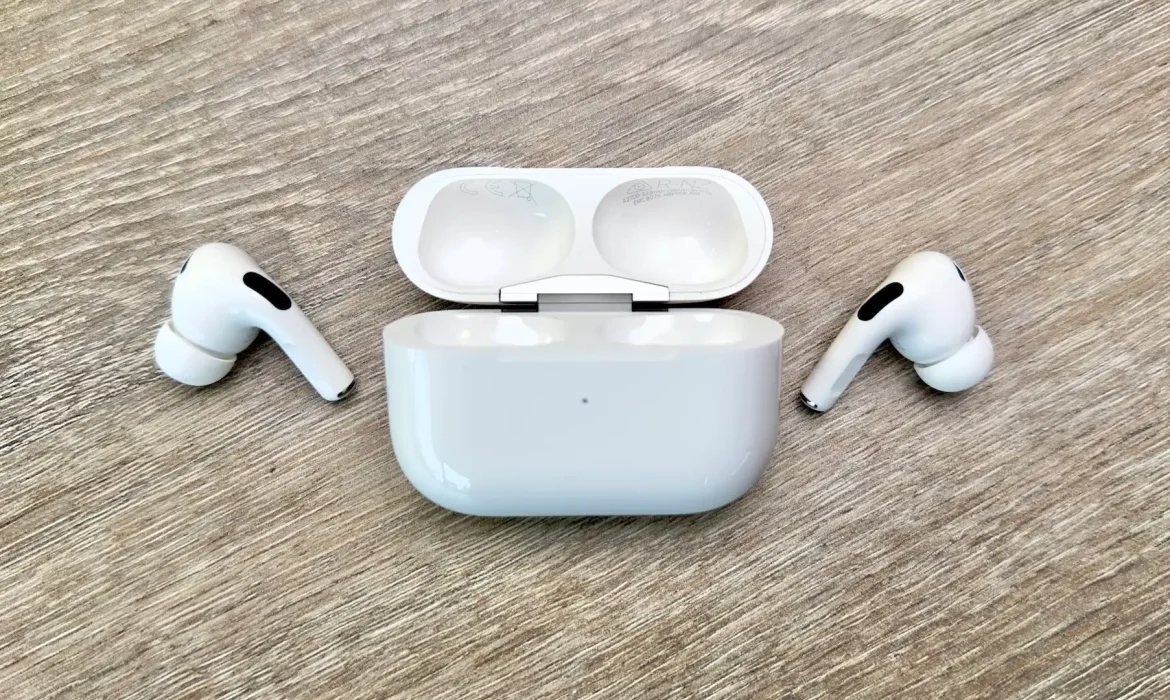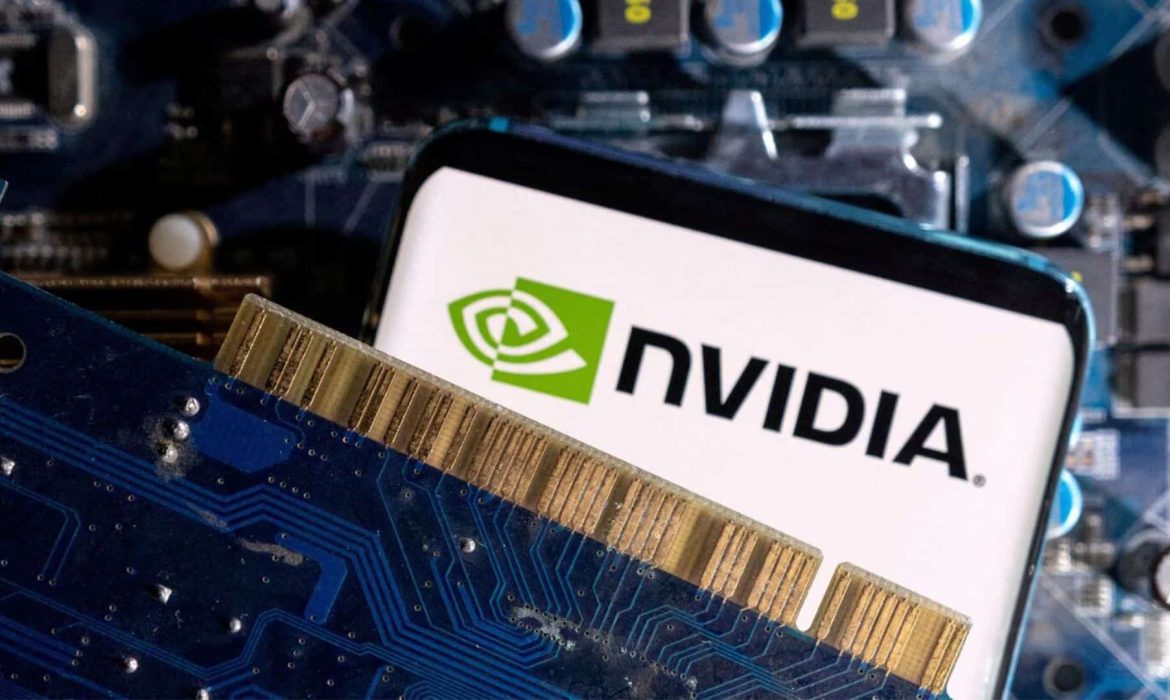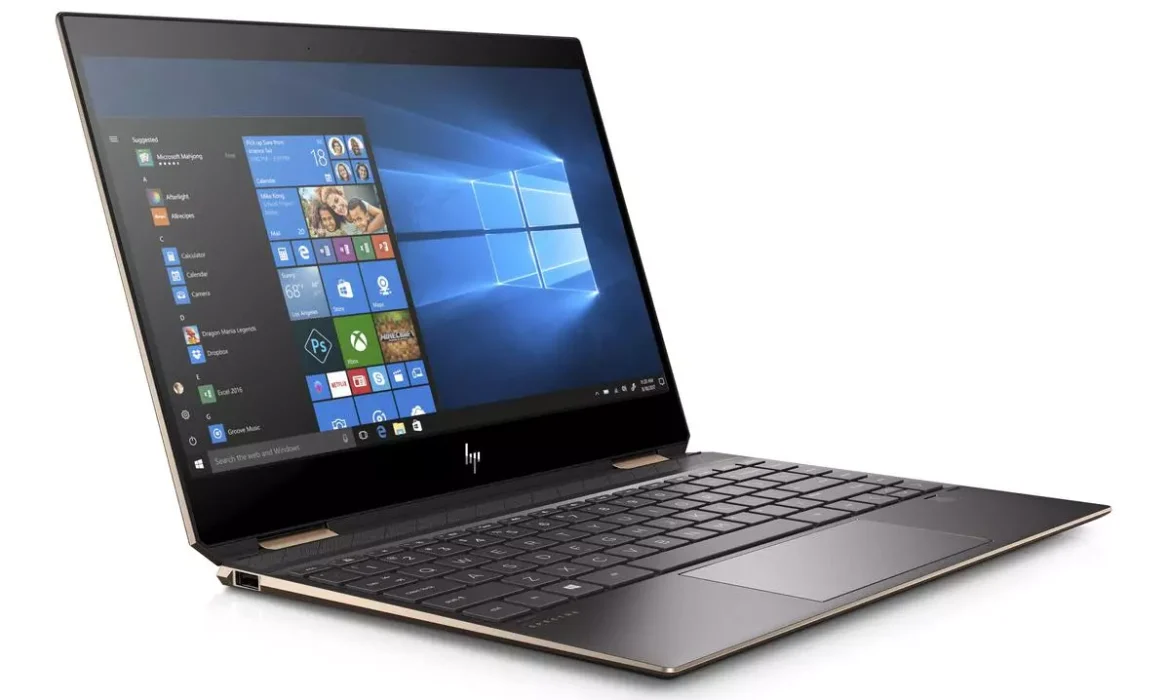Google DeepMind Co-Founder Becomes New Microsoft AI CEO
Microsoft has hired Mustafa Suleyman, the co-founder of Inflection AI. Suleyman announced this on X, stating,
I’m excited to announce that today I’m joining @Microsoft as CEO of Microsoft AI. I’ll be leading all consumer AI products and research, including Copilot, Bing and Edge. My friend and longtime collaborator Karén Simonyan will be Chief Scientist, and several of our amazing…
— Mustafa Suleyman (@mustafasuleyman) March 19, 2024
Further, the Inflection AI founder will also act as the executive vice president of Microsoft AI and join the team that reports to Microsoft CEO Satya Nadella.
Notably, Suleyman co-founded DeepMind in 2010, which was acquired by Google four years later.
After leaving Google, the AI entrepreneur co-founded Inflection AI, which is a generative AI and machine learning company, in 2022. Talking about his venture, Suleyman wrote,
@InflectionAI will continue on its mission under a new CEO, and look to reach more people than ever by making its API widely available to developers and businesses the world over.
Further, Satya Nadella said,
Welcome to Microsoft, @mustafasuleyman. Thrilled to have you lead Microsoft AI as we build consumer AI, like Copilot, that is loved by and benefits people around the world. https://t.co/gTbL5lZDBM
— Satya Nadella (@satyanadella) March 19, 2024
Along with Suleyman, Microsoft has hired Inflection AI co-founder Karén Simonyan as the Chief Scientist of the division, and many others, as posted on X by Suleyman.
These hirings come months after Satya Nadella almost hired ChatGPT’s parent company, OpenAI’s CEO Sam Altman.
Meanwhile, Nadella also announced this in a Microsoft blog post. He said,
I’ve known Mustafa for several years and have greatly admired him as a founder of both DeepMind and Inflection, and as a visionary, product maker, and builder of pioneering teams that go after bold missions.
Notably, Suleyman has about 15 years of experience in the artificial intelligence industry. Suleyman served as the vice president of product management and AI policy at Google DeepMind, which he eventually left in 2022.
Telegram CEO Shares Company Raised $330 Million In Bond Sales
Pavel Durov, the founder and CEO of Telegram, announced on his channel on March 18 that the company has secured $330 million worth of investment through bonds to ensure the smooth functioning of the popular messaging platform.
Durov said on his channel,
This bond offering was oversubscribed, and we were delighted to have global funds of the highest caliber with impeccable reputations as participants. The terms of the bonds (when adjusted for the Federal Reserve rate) were the most favorable for Telegram in the history of our company.
Although Durov did not exactly reveal the names of investors and the investing organizations, he hinted that global financial institutes value the growth of the company. He said,
I am proud that every time we issue bonds we get better at this process. The increased demand for our bonds shows that global financial institutions value Telegram’s growth in audience and monetization.
Further, the Telegram CEO also said that these investments will “solidify their position as an independent platform that is able to challenge the ‘Goliaths’ of the industry.”
Notably, Durov also spoke up in an interview last week with the Financial Times. He announced that Telegram aims to become more profitable next year, if not this year. Talking about making Telegram public, he said,
The main reason why we started to monetize is because we wanted to remain independent. Generally speaking, we see value in [an IPO] as a means to democratize access to Telegram’s value.
Durov was referred to as the Mark Zuckerberg of Russia in 2007 after he co-founded VKontakte, a popular social media platform in Russia. Six years later, in 2013, he founded Telegram with his brother Nikolai Durov. Pavel Durov said that he had to leave Russia after he refused to share the personal information of some Ukrainian VKontakte users with the security forces of Russia.
Elon Musk Open Sources xAI’s Grok Chatbot For Developers
Elon Musk’s xAI made the base code of its AI model Grok open-source on GitHub on Sunday, which is seen as a game-changing move in the future of artificial intelligence by the X owner. He earlier announced on March 11 that xAI will open-source its AI model Grok within a week.
This week, @xAI will open source Grok
— Elon Musk (@elonmusk) March 11, 2024
This open release will now allow researchers to leverage the model. Notably, Grok is an AI model in the race to compete with the models from OpenAI, Meta, and Google, among others.
The blog post shared by the company states that Grok is made from scratch by them. xAI stated,
We are releasing the base model weights and network architecture of Grok-1, our large language model. Grok-1 is a 314 billion parameter Mixture-of-Experts model trained from scratch by xAI.
The firm further stated that the model is not fine-tuned for performing tasks such as conversation. The released raw base model was finished in October 2023. Going into the details, the company said that Grok was,
Trained from scratch by xAI using a custom training stack on top of JAX and Rust in October 2023.
xAI has released the model under the Apache License 2.0. This way, the model can be used for commercial purposes. The AI chatbot was released in November last year, initially only for X Premium+ subscribers.
After buying X, formerly Twitter, Elon Musk has condemned companies that do not open-source their artificial intelligence models, including OpenAI.
Notably, Musk founded OpenAI with Sam Altman but is now suing. In a court filing, Musk alluded to the fact that Altman and other executives were breaking the founding agreement, which was to make OpenAI open-source. Musk said that the company is focusing on personal benefits and not working for the development of humanity.
However, many other major companies have open-sourced several artificial intelligence models. They include Meta’s LLaMa, Mistral, Falcon, and AI2 and Google’s Gemma 2B and Gemma 7B, which were released in February this year.
Norfolk County Council Secures Settlement Of $490 Million From Apple
Norfolk County Council has attained a settlement in the legal battle against Apple, with the tech giant accepting to pay 490 million dollars. The class action lawsuit alleges that the company’s CEO, Tim Cook, cheated on shareholders by hiding the lower demand for iPhones in China between November 2018 and January 2019. As a result, many investors had to face financial trouble.
The initial settlement was filed at the United States District Court in Oakland, and it will proceed after the judge approves it at another hearing.
The suit was filed on behalf of many people, including some of the company’s investors looking to recover their losses. It was headed by the Norfolk County Council, which claimed that Cook’s deception impacted the Norfolk Pension Fund.
Notably, Tim Cook, at that time, stated that the company had no pressure on sales in China but reduced the quarterly revenue forecast amid the bilateral relations between the United States and China. As a result, there was a significant drop reported in the price of the company’s shares.
After giving assurance during the investor’s conference call, Cook warned of a drop of $9 billion in the predicted quarterly revenue three months later, mainly because of decreasing demand for iPhones in China.
As per a BBC report, the Norfolk County Council expressed happiness and pride following this settlement. They stated,
We are mindful that we are stewards of pensions relied upon by thousands of families and individuals.
When and where it’s warranted, we will take decisive action to recover losses when our participants’ investments are harmed by fraud,
The settlement, if approved in a further hearing, will solve the dispute and eradicate the need for a court trial scheduled for late 2024. Even after a huge settlement amount, Apple’s net income will not see a significant change, as this amounts to nothing compared to its worth of $97 billion in fiscal 2023.
Adobe Releases Q1 Earning Report For Fiscal 2024, Shares Fall Ahead Of Q2
Adobe Inc. reported its results for the first quarter of the fiscal year, which ended on March 1, 2024. The results shown in the Q1 report are quite promising, but the firm fell short on quarterly revenue conduct amid the increasing competition due to numerous artificial intelligence startups.
The design software company reported its earnings on every share of $4.48 in comparison to the estimated $4.38. While the revenue was expected to be around $5.14 billion, it was reported to be $5.18 billion, which is almost similar.
Moreover, the company’s financial target for the second quarter of this fiscal year fell short of the estimates that were hoping for revenue of $5.31 billion. Adobe has predicted it to be between $5.25 billion and $5.30 billion.
The company, however, enjoyed the revenue growth reported in the first quarter. In the press release, the firm said,
Adobe achieved revenue of $5.18 billion in its first quarter of fiscal year 2024, which represents 11 percent year-over-year growth or 12 percent in constant currency.
Moving on, the net worth of the company also fell to $620 million from $1.25 billion in the first quarter of last year. This implies that the value of $2.71 per share dropped to $1.36 per share.
In the same news release as of the earnings report, Adobe CEO Shantanu Narayen stated,
Adobe drove record Q1 revenue demonstrating strong momentum across Creative Cloud, Document Cloud and Experience Cloud.
Notably, it was not long ago that Adobe terminated its merger agreement with Figma after not receiving approval from the European Commission and the UK Competition and Markets Authority. As a result, the company had to pay a termination fee of $1 billion to Figma.
Google DeepMind’s New “SIMA” AI Can Play Video Games Like Humans
Tech giant Google’s artificial intelligence division, Google DeepMind, has introduced SIMA, an AI agent that has the potential to play video games like a professional human gamer.
The AI model is under research, and it will behave more like a human than a highly advanced AI while playing games. SIMA, which stands for Scalable Instructable Multiworld Agent, will eventually acquire gaming skills and will be able to play any game.
SIMA does not aim to become a replacement for the existing gaming AIs, and it will just gel in as a virtual co-op player. This learning AI would be able to understand verbal instructions while interpreting the 3D and virtual worlds as well. Rather than becoming a hard-coded AI bot, SIMA will provide its users with a more human-like gaming experience.
Google DeepMind stated in a blog post,
This research marks the first time an agent has demonstrated it can understand a broad range of gaming worlds and follow natural-language instructions to carry out tasks within them, as a human might. This work isn’t about achieving high game scores.
Notably, Google DeepMind is renowned for its remarkable achievements in the gaming world. It has built AI bots that are capable of being victorious over the world champions in games such as Go, Chess, and Stratego. This research division has also created models that can participate in games and play them seamlessly without even being taught the rules beforehand. Now, it has shifted its focus completely to video games.
As per the blog post, SIMA is trained to perform simple tasks within ten seconds. The AI agent has approximately 600 chief skills, like turning left, climbing a ladder, and opening the menu to use a map.
During the training and testing of SIMA, Google has worked with many game developers, including Hello Games, Embracer, Tuxedo Labs, Coffee Stain, and more.
Google Limits AI Chatbot Gemini From Answering Election-Related Questions
Google announced on Tuesday that it would impose restrictions on its AI chatbot Gemini amid the global elections scheduled to be held in many countries this year, including the presidential elections in the United States. The update comes as a measure to reduce the blunders made by technology in the elections.
Nowadays, generative AI technologies, such as image and video generation, have increased the spread of misinformation and fake news among the general public, resulting in the government taking action against advanced technology.
In December 2023, Google introduced these limitations in the United States, stating that they would be implemented during the presidential elections in 2024. Reportedly, Google’s AI chatbot Gemini responded to a question about the presidential race between Joe Biden and Donald Trump, saying, “I’m still learning how to answer this question. In the meantime, try Google Search.”
Alongside the United States, elections are scheduled this year for some of the major countries, including the UK, South Africa, Russia, and India, the world’s biggest democracy.
Google India posted a blog on Tuesday that stated,
Out of an abundance of caution on such an important topic, we have begun to roll out restrictions on the types of election-related queries for which Gemini will return responses. We take our responsibility for providing high-quality information for these types of queries seriously, and are continuously working to improve our protections.
The announcement comes just days after Google admitted messing up the image generation feature in its artificial intelligence model. After users reported that Gemini was responding with inaccurate and offensive images, the tech giant stated in a blog post, “This wasn’t what we intended.”
This is not the first restriction on Gemini. Following the inaccurate results, Google stated,
So we turned the image generation of people off and will work to improve it significantly before turning it back on. This process will include extensive testing.
Apple AirPods Pro May Get ‘Hearing Aid Mode’ Feature With iOS 18 Update
Apple plans to introduce a new hearing aid for AirPods Pro with the upcoming iOS 18 update. Apple’s iOS 18 is predicted to be one of the biggest software updates for the iPhone till now. As reported by Mark Gurman of Bloomberg, Apple is planning to introduce this new feature for AirPods Pro users.
It is also expected that the device will not go through any major hardware updates, but buyers might get additional software to improve the overall experience.
WWDC 2024, which will be held in June, will see the iOS 18 upgrade along with new and unique innovations. Apple also plans to enhance the use of AirPods. Several reports suggest that the device also includes a built-in camera.
Apple had earlier introduced the new AirPods Pro model in September 2023, along with the launch of the iPhone 15 series. However, the only upgrade we saw was concerning the charging feature with a USB C port. On March 4, 2024, Apple announced the Apple MacBook Air 13-inch and the Apple MacBook Air 15-inch.
Notably, the AirPods Pro has many existing features for the hearing health of its users. The live-listen feature on the device converts your phone into a directional microphone. It enables you to keep your phone in any area and transmit everything around it to your AirPods.
Reports claim that since 2022, Apple has hired many engineers from hearing aid companies. Being the tech giant that it already is, Apple is expected to solve the affordability issue that people with hearing problems face.
Interestingly, two years ago, the FDA came up with new guidelines and announced hearing aids that can be bought directly. They do not require a prescription, medical exam, or fitting by an audiologist. Thus, it increases the chance of Apple introducing a hearing aid feature in AirPods Pro.
Nvidia Sued By Authors For Using Copyrighted Work To Train NeMo AI
Tech giant Nvidia is hit with a lawsuit by three authors, Brian Keene, Abdi Nazemian, and Stewart O’Nan. The class action lawsuit alleges that the company has been using their copyrighted works without their authorization in order to train its artificial intelligence (AI) platform, NeMo. They said that their books were included in the dataset of around 2 lakh books that trained NeMo to replicate simple written language before it was taken down because of copyright infringement reports.
The suit, filed in San Francisco federal court, mentions that this takedown supports their claim and implies that Nvidia admits to infringing on their copyrighted work. As they accuse NeMo of being trained with the dataset, the suit also seeks damages for those living in the United States whose work was used without authorization to train NeMo’s large language models over the last few years. The legal battle now focuses on both artificial intelligence and intellectual property.
The alleged infringed copyrighted works include a wide range of literary material, including Keene’s 2008 novel ‘Ghost Walk,’ Nazemian’s 2019 novel ‘Like a Love Story,’ and O’Nan’s 2007 novella ‘Last Night at the Lobster.’
Further, Nvidia has decided to stay silent on the matter and has declined to say anything about the claims of Keene, Nazemian, and O’Nan. The California-based graphics processing giant has also not yet issued an official statement concerning the filed lawsuit. Lawyers for the authors have also refrained from commenting on the matter.
The lawsuit adds Nvidia to the list of companies landing in legal trouble over generative AI. Many writers and leading media outlets, such as The New York Times, have taken legal action against companies that use their work in order to train models to create new content based on text, images, and audio. Earlier, other companies were also sued for the same reason, including OpenAI, created by ChatGPT, and Microsoft.
HP Introduces A Huge Lineup For AI-Powered Professional Laptops
HP announced a new generation of AI-powered laptops on Thursday at its Amplify Partner Conference. This new revelation aims to enhance the user experience and increase the productivity of those working in a hybrid mode of work. Due to sudden changes in the working mode, people are facing digital fatigue, as per a blog by HP. The blog also focused on the Work Relationship Index by the company for the year 2023. It mentioned how only 27% of the employees had a healthy work relationship, while the rest were looking for a chance to enhance their experience. Further, it stated that most people thought that artificial intelligence would boost their productivity and make their jobs simpler and more exciting.
As per the press release released by HP, the company’s President of Personal Systems, Alex Cho, said,
At HP, our mission is to empower companies to capitalize on the power of AI, sparking ambitious and meaningful progress in every organization.
Cho added,
We are proud to represent the industry’s broadest portfolio of AI PCs. By harnessing AI as a personal tool, we are creating more personalized and meaningful work experiences, revolutionizing the way we interact with technology and each other in the workplace.
The AI PCs will include HP Elite and HP Pro business laptops, among others, in their new 11th-generation queue. The upcoming EliteBook 1040 G11 is said to be one of the world’s most advanced business laptops. This portable device will have Intel’s Core Ultra 5 or Core Ultra 7 CPUs, and reportedly, it will have a battery life of up to 21 hours. Not only this, it also features HP’s advanced Endpoint Security Controller chip that enables you to future-proof your devices from quantum attacks. The EliteBook 1040 G11 and Elite x360 1040 G11 (which is a 2-in-1 notebook) are expected to make their debut in April 2024. However, their price has not yet been confirmed by HP.
